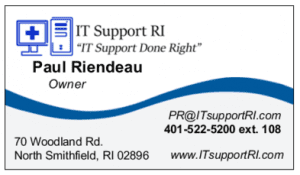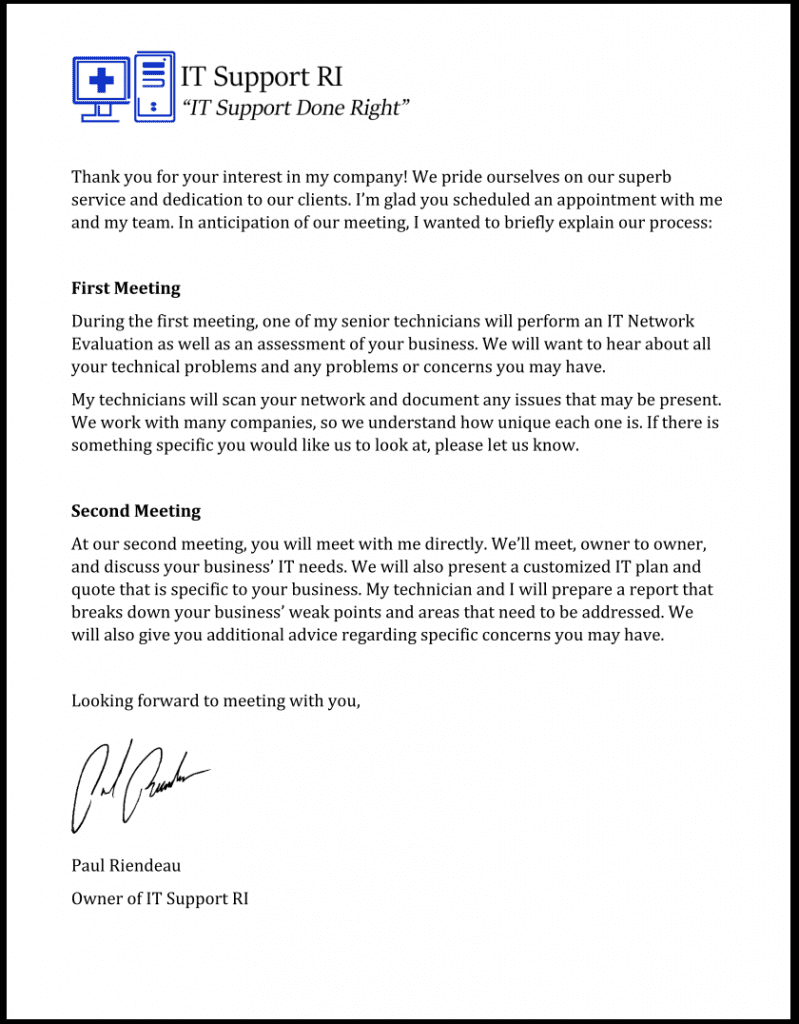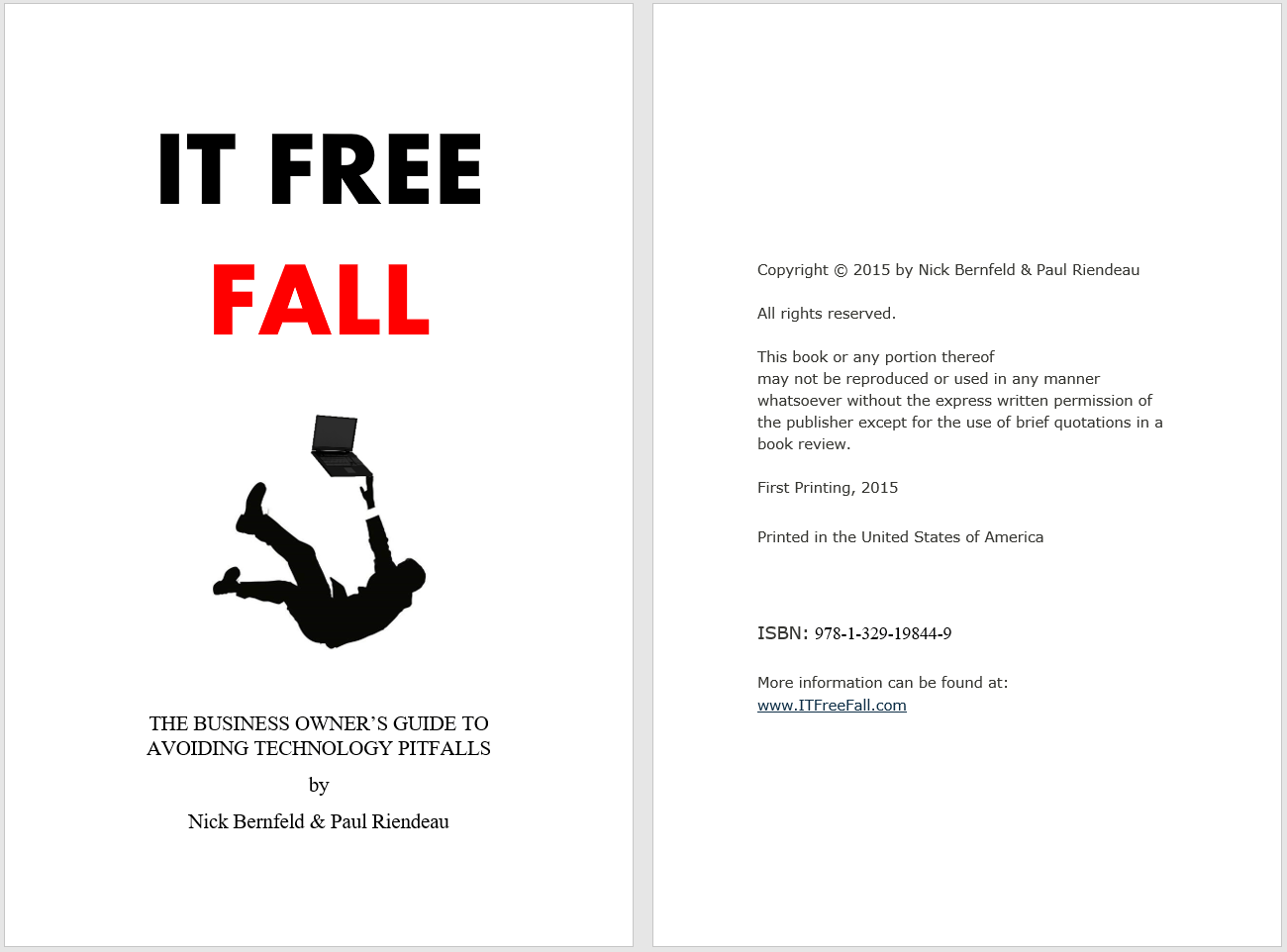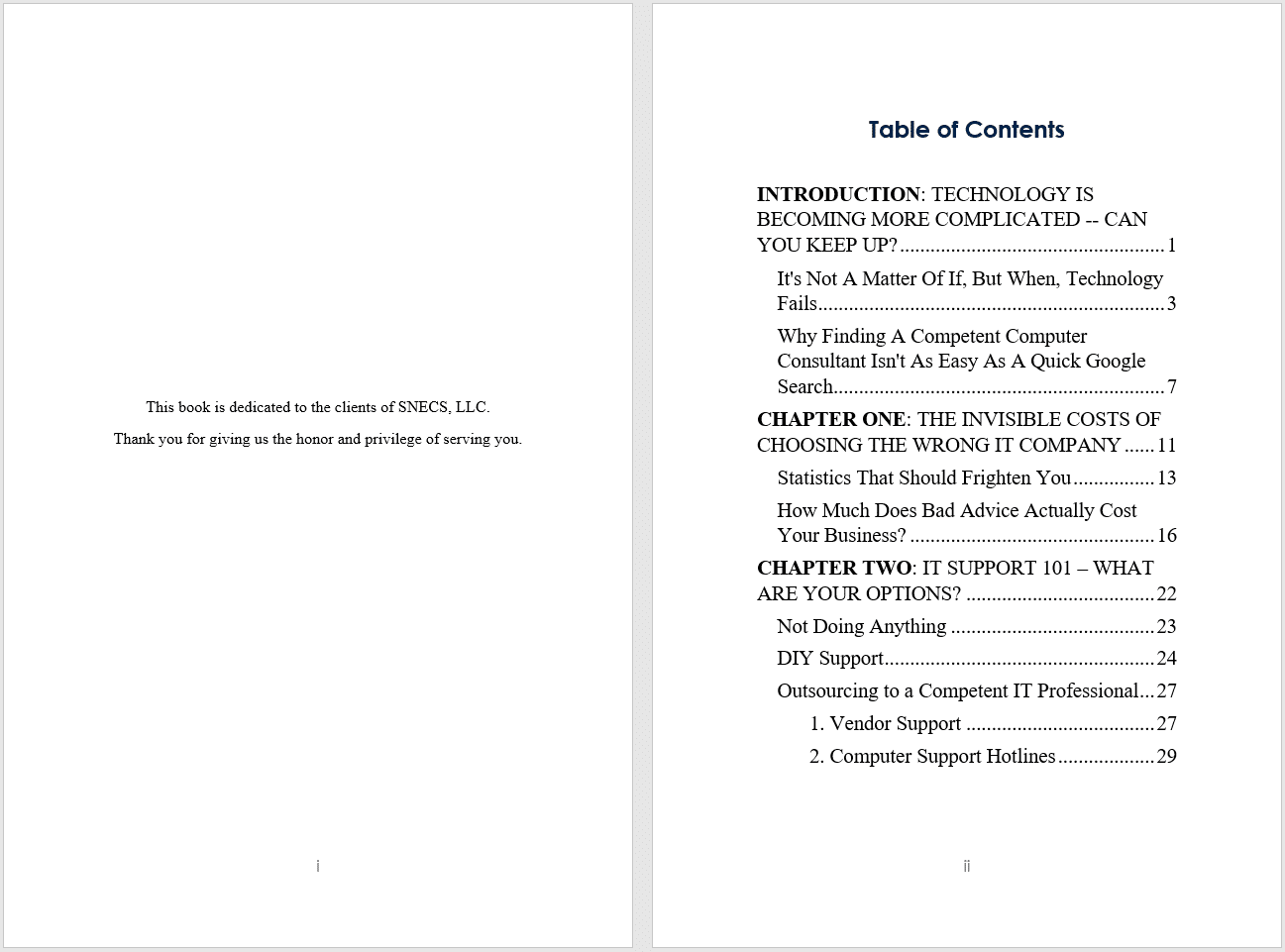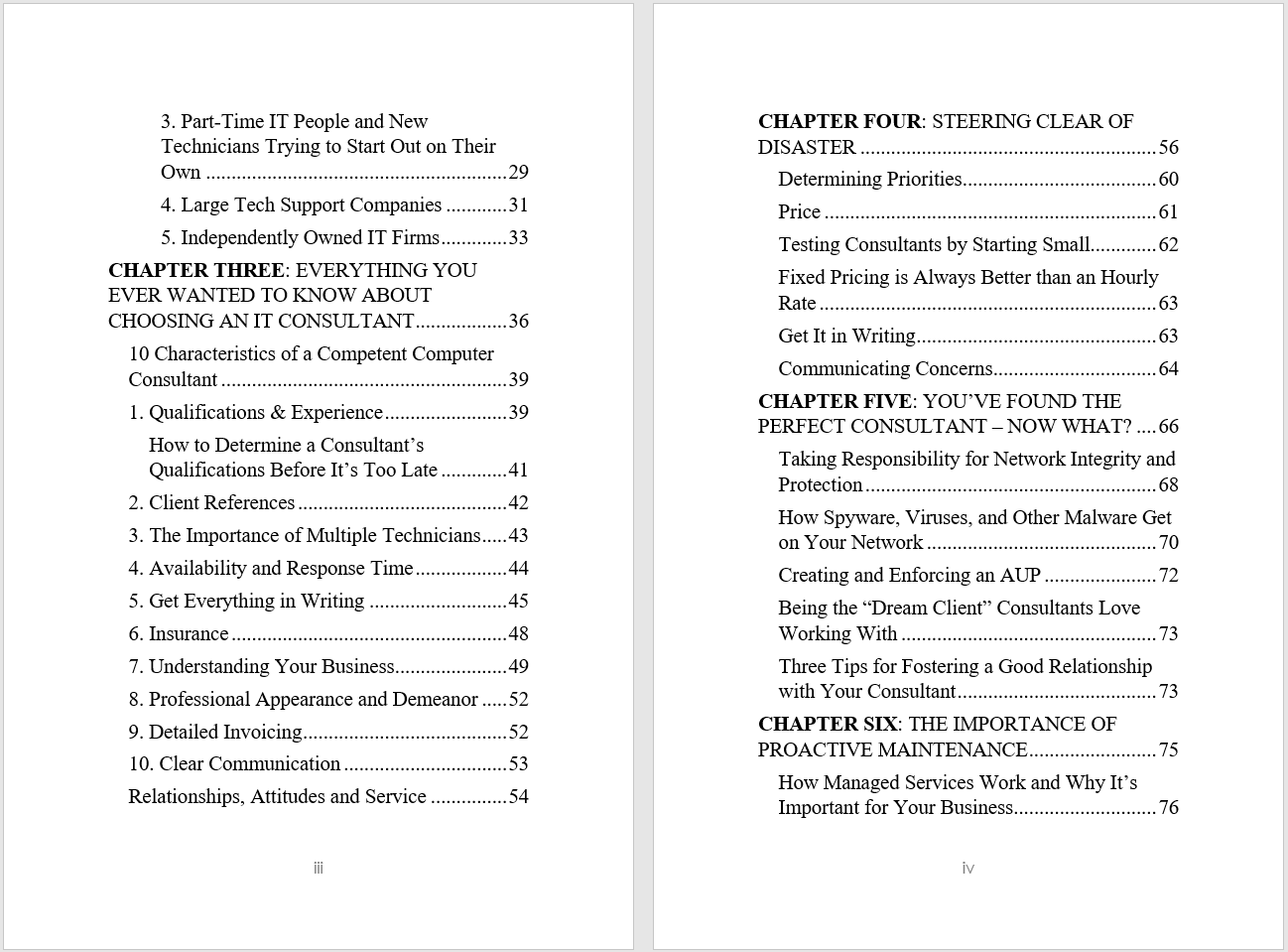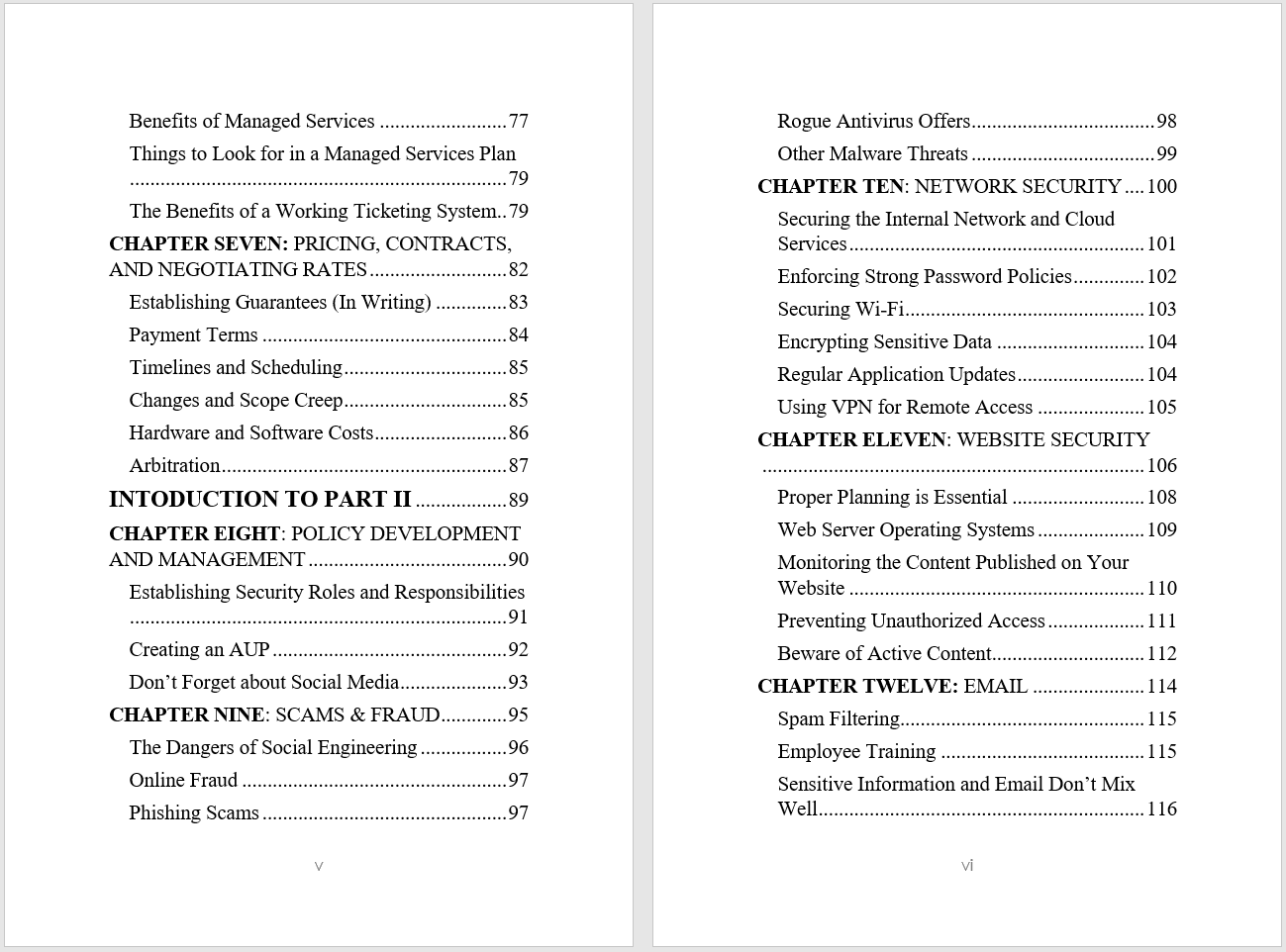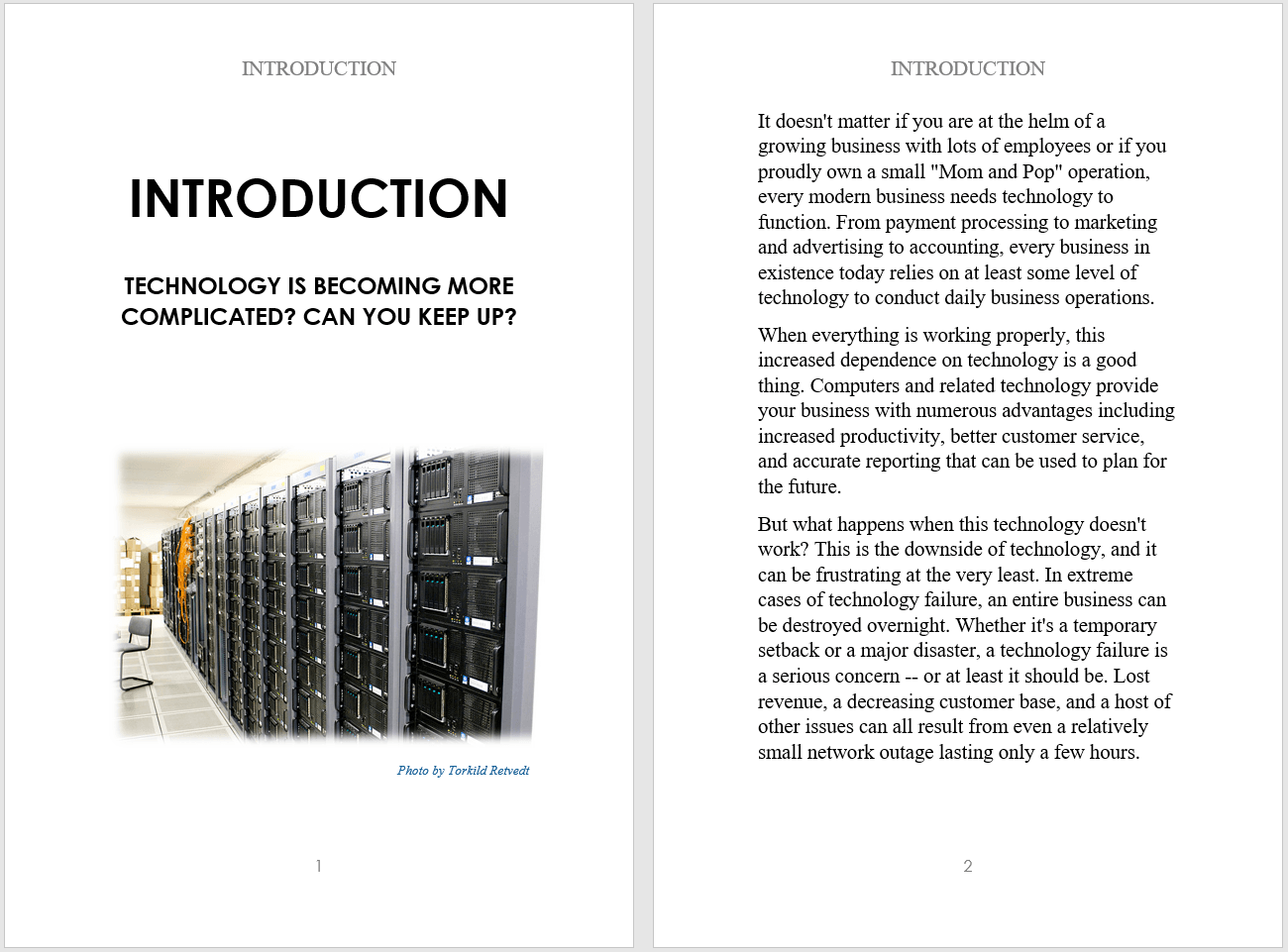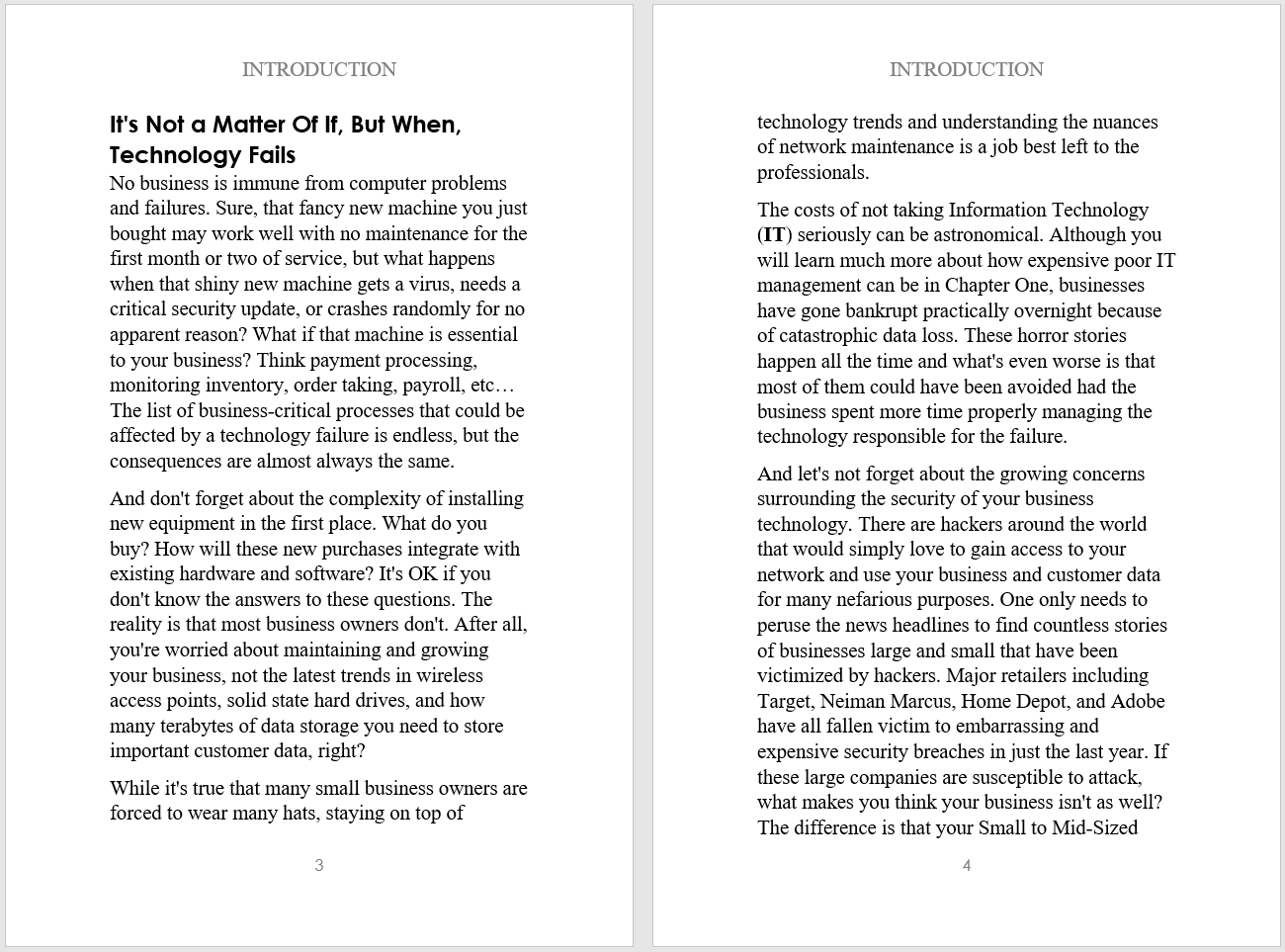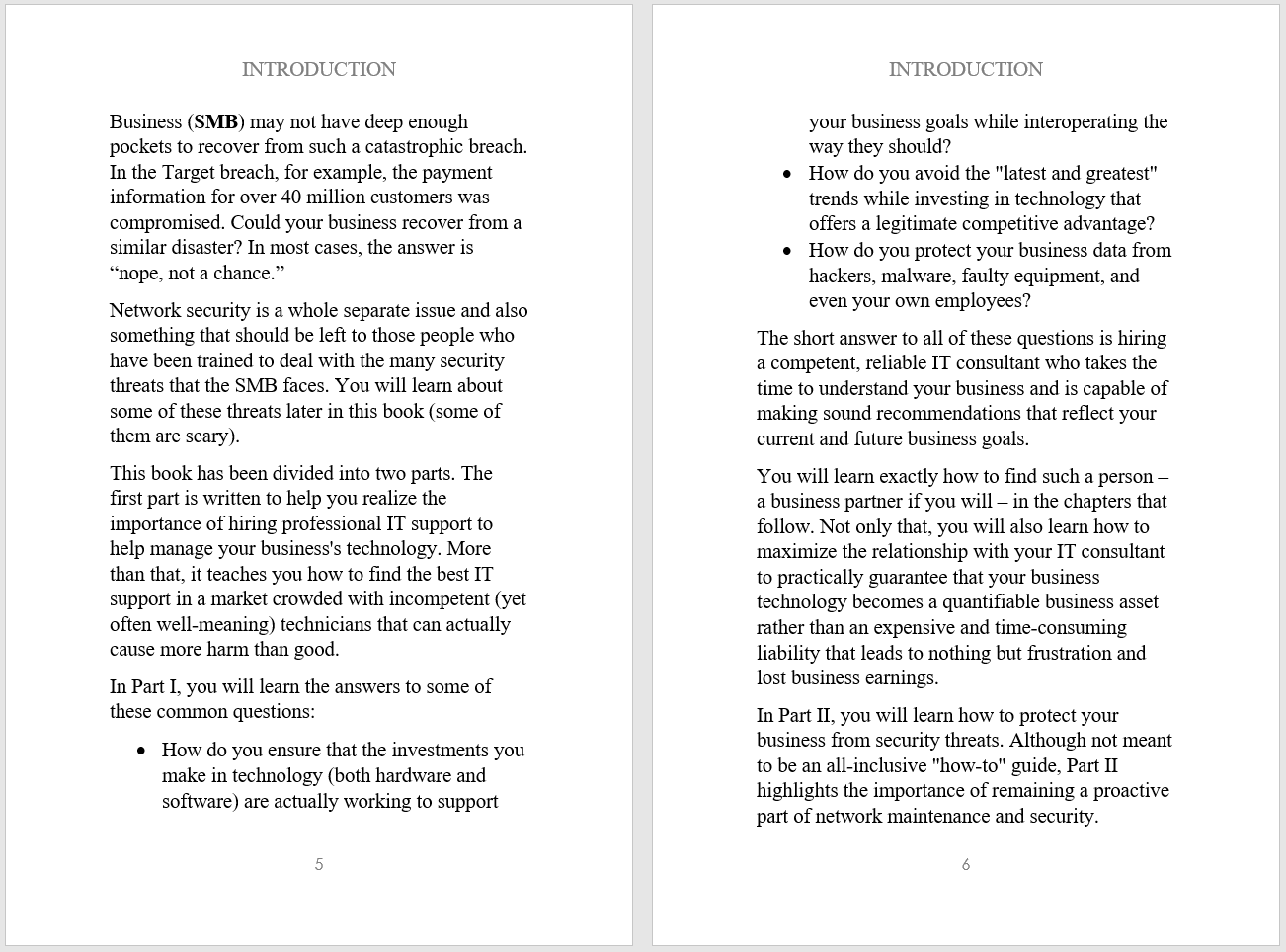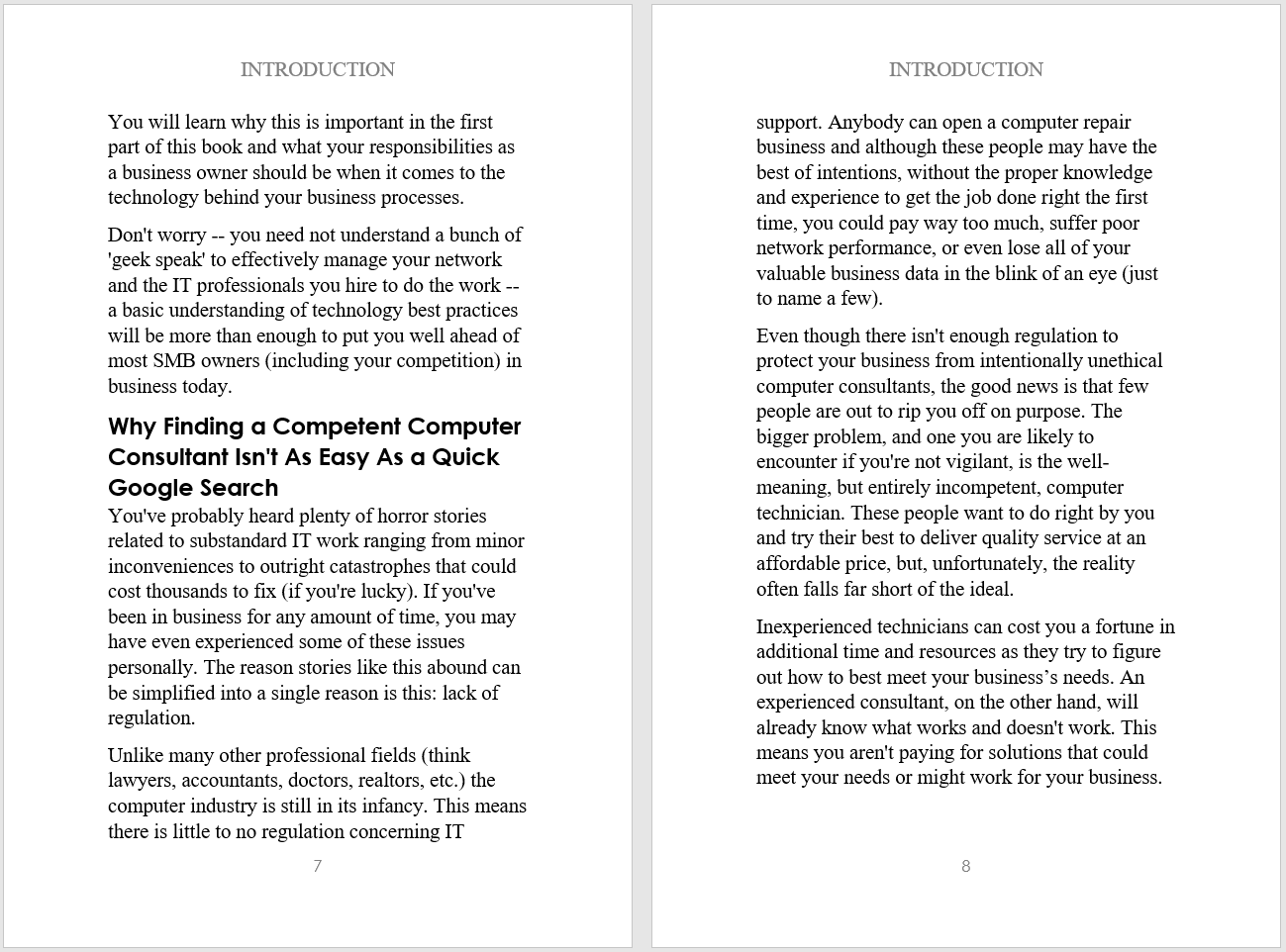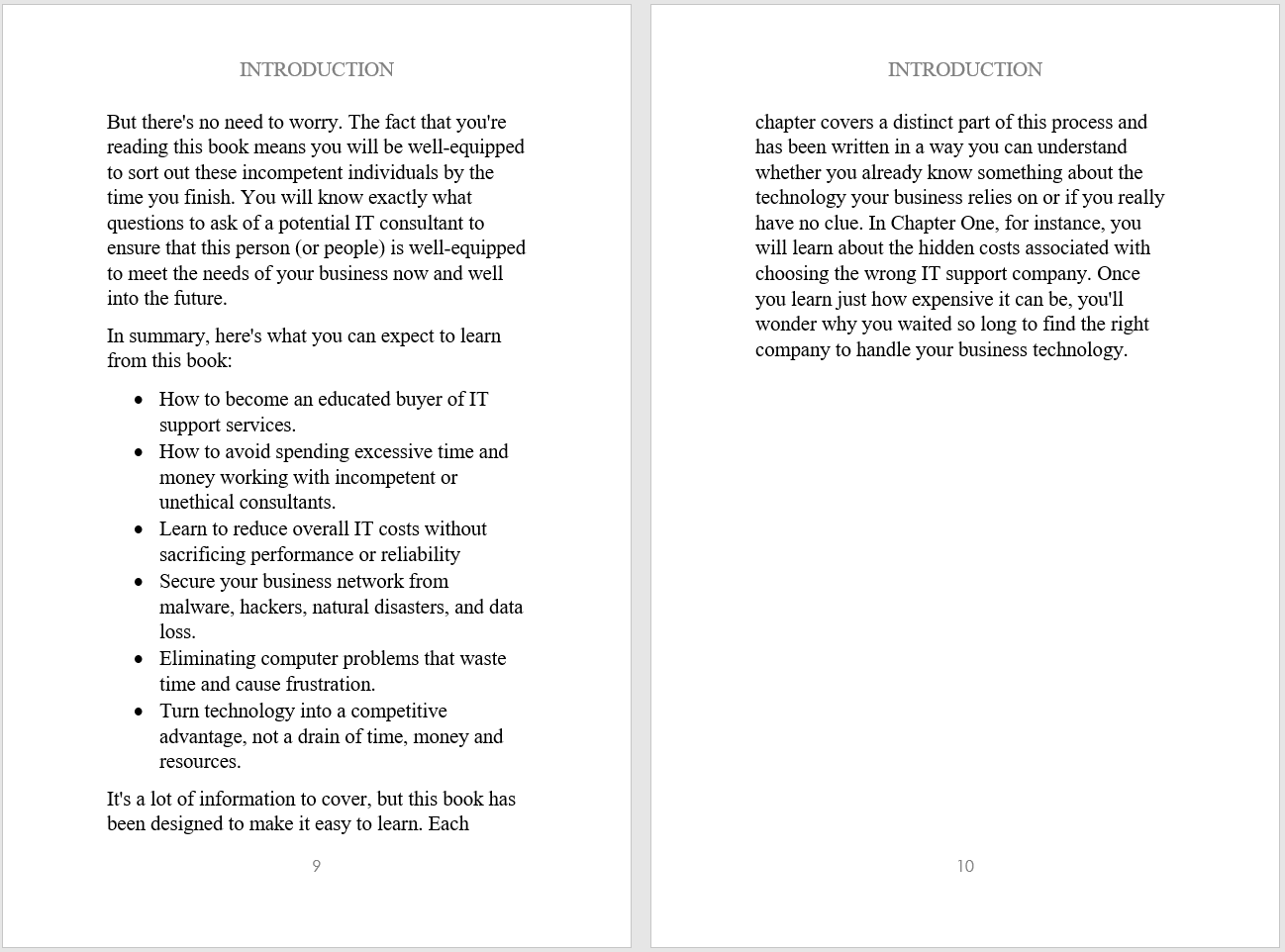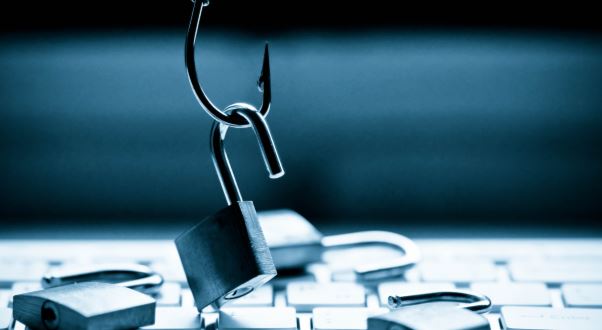
In a world of rampant cybercrime, hackers thrive on the blind faith of their targets. Despite high-profile digital security breaches showing up in the news nearly every week, most people assume they’re safe from attack. The thinking goes that while Fortune 500 corporations like J.P. Morgan, Sony, Tesco Bank, and Target have lost millions of dollars of data breaches in recent years, my business is far too small to justify a hacker’s attention… right?
Wrong. In fact, it’s quite the opposite. According to StaySafeOnline.org, attacks on small businesses now account for over 70% of data breaches, a number that appears to be on the rise. Close to half of small businesses have been compromised. Ransomware attacks alone have skyrocketed to a whopping 250% since 2016. Media Planet reports that incidents of phishing have followed suit.
Small business owners might be excused for erroneously believing themselves safe. After all, the hundreds of little guys paying out thousands of dollars in digital ransoms each and every day are less than newsworthy. There are other things like CIA’s recent hacking by the mysterious Shadow Brokers, or the 143 million sensitive customer records stolen in the recent Equifax fiasco. The lack of visibility of the more frequent, smaller-profile incidents plaguing the country can easily lull us into a dangerous false sense of security.
Why Target Small Businesses?
But why would a team of hackers zero in on a small-town operation when they could be targeting a giant like Google? Well, which building is a petty thief more likely to target — the bank in the center of a busy downtown, packed with security guards and high-tech theft prevention equipment, or the house in an affluent part of the city, which the owners always keep unlocked while they’re on vacation? Make no mistake — these hacker gangs aren’t boosting a couple flat screens and a box of jewelry. They’re gutting small businesses with ransoms that stretch to the very edge of their means, as much as $256,000 for a single attack, according to one TechRepublic analysis.
Of course, any small business owner will struggle to afford the security measures implemented by giant corporations. However, there is a balance to be struck between affordability and vulnerability. With just a little research, it’s actually quite easy to find an array of robust and comprehensive digital security solutions to protect your company. Such programs can turn your business from low-hanging fruit into an impenetrable fortress.
Even if you’ve somehow managed to make it through the past few years without a data breach, statistically, you can be confident that hackers will come for your business one day. With that in mind, it’s important to be prepared. Just because you haven’t had a life-threatening illness in the past two years doesn’t mean you shouldn’t have a wide-reaching health insurance policy. Just because your car hasn’t broken down since you bought it doesn’t mean you shouldn’t regularly change the oil and invest in car insurance.
And just like your car, your network security requires regular maintenance and upkeep to stay effective. If you grab your security software from the bargain bin, install it and forget it, you’re only marginally safer than you were before installing the barrier in the first place. Cyber security isn’t something you purchase to check off a box and give yourself an imaginary peace of mind. Instead, it’s an investment in your company’s future, the safety of your customers, and the longevity of your livelihood.
If your business isn’t too small to attract the attacks of hackers — and we guarantee it isn’t — then it’s certainly precious enough to protect. Cyber criminals will come for your small business one day. If you’re equipped with a set of up-to-date, powerful security protocols, you can rest easy knowing they’ll go away empty-handed.

